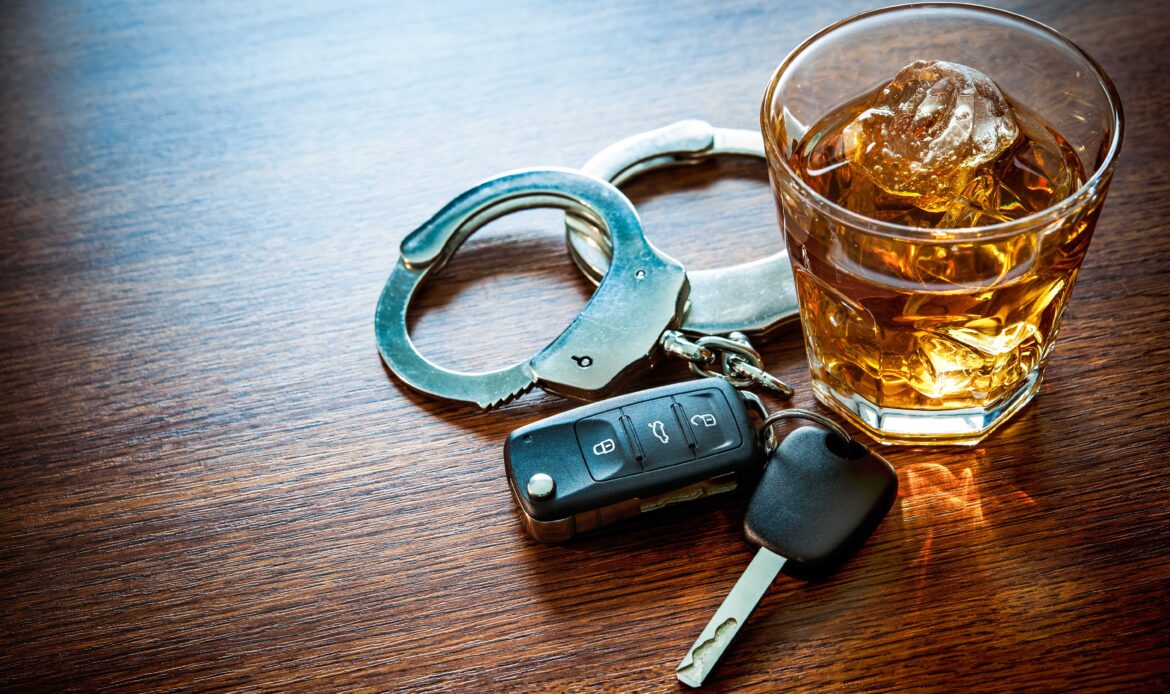Drink driving offences are among the most common road traffic cases in the UK, but many people don’t fully understand the law—or the serious consequences that can follow a conviction.
In this article, we explain the key facts about drink driving laws, the legal alcohol limits, possible penalties, and how a solicitor can help if you’re facing charges.
What Is Drink Driving?
Drink driving is when a person drives (or attempts to drive) a vehicle on a road or public place after consuming alcohol in excess of the legal limit.
The law doesn’t only apply if you’re caught driving erratically—being “over the limit” is enough to commit the offence, even if you believe you’re in full control of your vehicle.
What Are the UK Drink Driving Limits?
The alcohol limit depends on whether you’re in England, Wales, Northern Ireland or Scotland:
England, Wales and Northern Ireland:
35 micrograms of alcohol per 100ml of breath
80 milligrams of alcohol per 100ml of blood
107 milligrams of alcohol per 100ml of urine
Scotland (stricter limits):
22 micrograms of alcohol per 100ml of breath
50 milligrams of alcohol per 100ml of blood
67 milligrams of alcohol per 100ml of urine
It’s important to remember that alcohol affects everyone differently. Age, weight, gender, food intake and even stress can change how your body processes alcohol. There’s no safe way to calculate “how much you can drink and still drive.”
What Are the Penalties for Drink Driving?
Drink driving carries severe penalties. The exact sentence depends on the circumstances, but common consequences include:
Driving or attempting to drive while over the limit:
At least 12 months’ driving ban (3 years if convicted twice in 10 years)
Unlimited fine
Up to 6 months in prison
Being in charge of a vehicle while over the limit:
3 months in prison
Up to £2,500 fine
Possible driving ban
Causing death by careless driving while under the influence:
Up to 14 years in prison
Unlimited fine
Minimum 2-year driving ban and extended retest
In addition, a conviction will go on your criminal record and can impact employment, insurance costs, and travel abroad.
Police Powers and Drink Driving Tests
If the police suspect you’ve been drinking, they can stop you and require a breath test at the roadside.
If you fail (or refuse) this test, you’ll be taken to a police station for further tests, including blood or urine samples if necessary.
Refusing to provide a specimen without reasonable excuse is itself a criminal offence, carrying penalties similar to drink driving.
Can You Defend a Drink Driving Charge?
Every case is different, and while drink driving is taken extremely seriously, there are situations where a defence may apply. Examples include:
Procedural errors – if the police didn’t follow correct procedure.
Medical conditions – certain conditions (e.g. asthma) may affect breath test results or ability to provide a specimen.
Post-driving consumption – where alcohol was consumed after driving but before testing.
A solicitor can also argue “special reasons” (such as driving in a genuine emergency) to help reduce or avoid a disqualification.
How Lostock Legal Can Help
If you’ve been arrested or charged with drink driving, the stakes are high. A conviction could cost you your licence, your job, and your freedom.
At Lostock Legal, our expert road traffic solicitors can:
Advise you at the police station.
Review the evidence against you.
Identify possible defences or mitigating factors.
Represent you in court to achieve the best possible outcome.
We have a strong track record in handling drink driving cases across Yorkshire and beyond.
Conclusion
Drink driving laws in the UK are strict, and the consequences of conviction can be severe. If you find yourself facing an allegation, the most important step you can take is to seek immediate legal advice.
👉 Contact Lostock Legal today for a free, no-obligation consultation with one of our specialist drink driving solicitors. We’re here to protect your rights and help you move forward.


